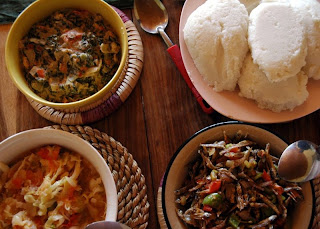I’m anticipating many firsts in the next few months. But for the time being, here is the growing mental tally of lasts. Some already done, and others soon to come. Last Bodo’s bagel
Last ride in the bug
Last meal at Mas* (*there might be lots of these)
Last glass of wine on the deck of 906 slapping mosquitoes
Last drive on the Blue Ridge
Last float down the James
Last time printing four colors of perforated paper while entertaining Ignatius J. Reilly filing fantasies
Last time waking up early on Wednesday to farm at Roundabout
Last time falling into bed late closing down the restaurant
Last muddled mojito
Last night bartending
Last run up Carter’s mountain
Last bacon-wrapped date
Last ANTM marathon on the couch all day with Catherine
Last time strapping on beat-up black serving shoes
Last arugula beet salad
Last hot shower
Last stroll downtown
Last above the knee sundress
Last drive up 29
Last dip in the Atlantic
Last time mowing the entire lawn with a weed whacker
Last night sleeping on a deflating air mattress
Last time hanging out with friends in our twenties. (ouch.)
Last Ashtanga class
Last time reading Hayden a book while he’s still two
Last bike commute
Last drive over the Potomac River on the 14th Street Bridge
Last family dinner
Last long look at Virginia
Last Monday
Last Friday
You get the idea.
If you want to share any of these moments with me, I’d love to spend some last times with you. (Not the hot shower, Perv).


